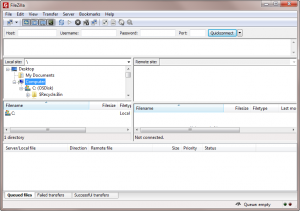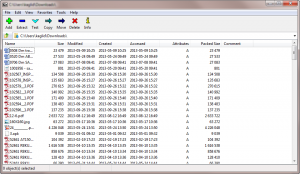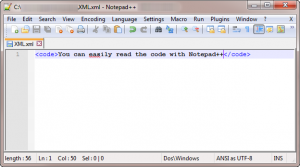
Unlike you, I do not have this opportunity. Neither do many other office workers. That is because medium and large companies have their own policies about the software allowed to be used on their computers. More often than not, the choice of operating systems is Microsoft Windows, unfortunately. That can be because of some specific software required for business or because of management’s numbness. However, that’s not the point of this article.
What can you do when you can’t use Linux at work? You can still promote free open source! The best way to promote FOSS is to use it and to tell people who wonder what you use about free open source alternatives to commercial software.
However rigid the company policy, it often lets users decide on some smaller components of the work environment. Even if the choice of company collaboration platform is not yours, you may have a say in the replacement of Microsoft Exchange with FOSS alternatives.
Moving a grade lower, you might install LibreOffice or OpenOffice instead of commercial analogs. And even if neither of these options is available to you, you still have choices:

- Firefox or Chromium can be your browser
- FreeCAD or QCAD can be your CAD system
- Filezilla can be your FTP client
- GIMP can be your graphical editor
- Notepad++ can be your simple text editor
- Pidgin or Empathy can be your instant messaging client
- 7-Zip can be your archive manager

I will not continue the list. There is a special dedicated site that lists open source alternatives. As you can see, choices exist. If you cannot make a huge impact on FOSS promotion, do several smaller steps! As a slogan of a British retailer says, “Every little helps!”
DarkDuck is the author and the owner of the blog Linux Notes from DarkDuck, which was a finalist in our Best FOSS or Linux Blog competition. In addition, he publishes the site Buy Linux CDs, where you can read more about different Linux operating systems and then order disks with your favorite distribution.



